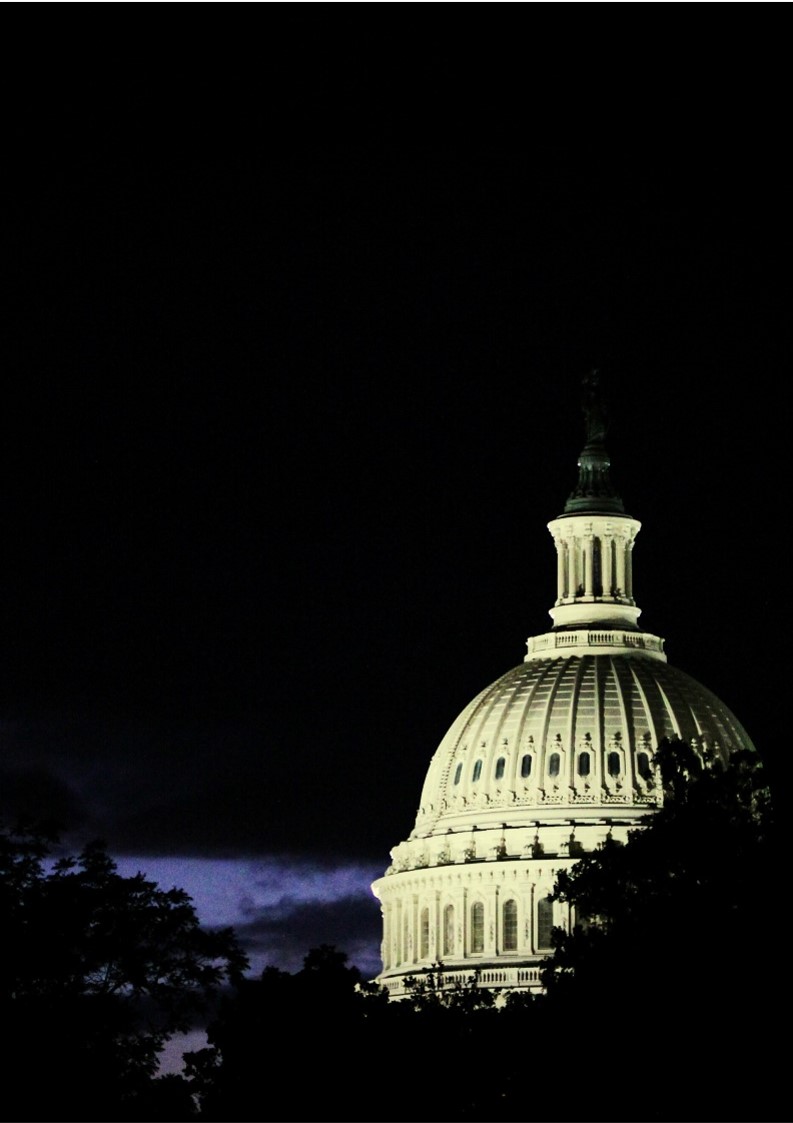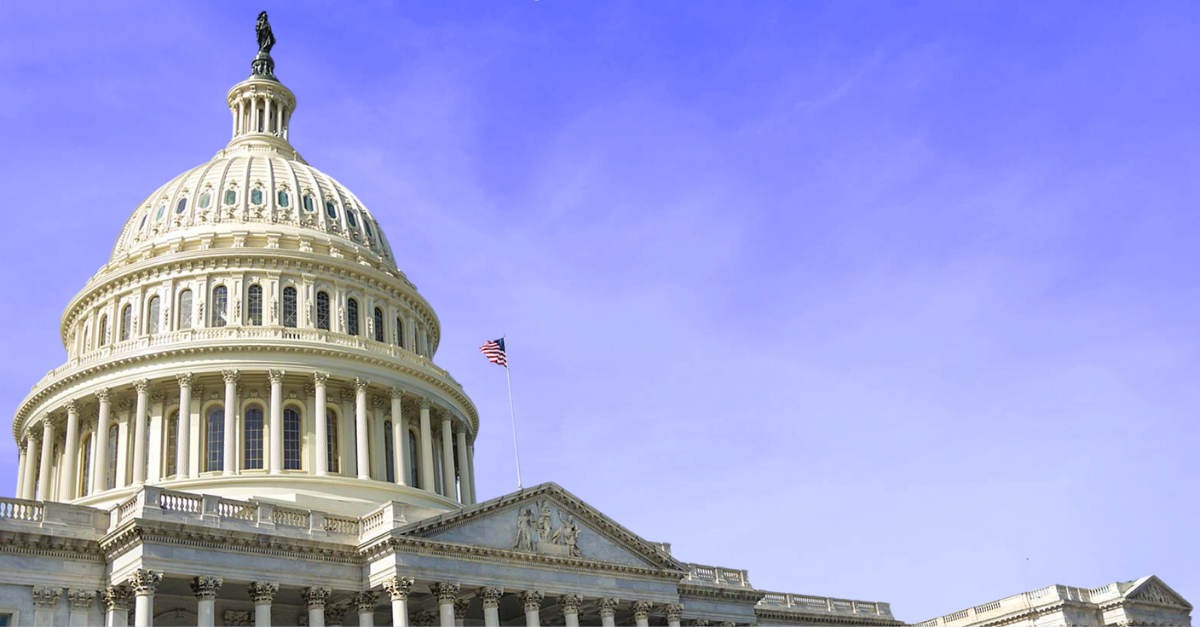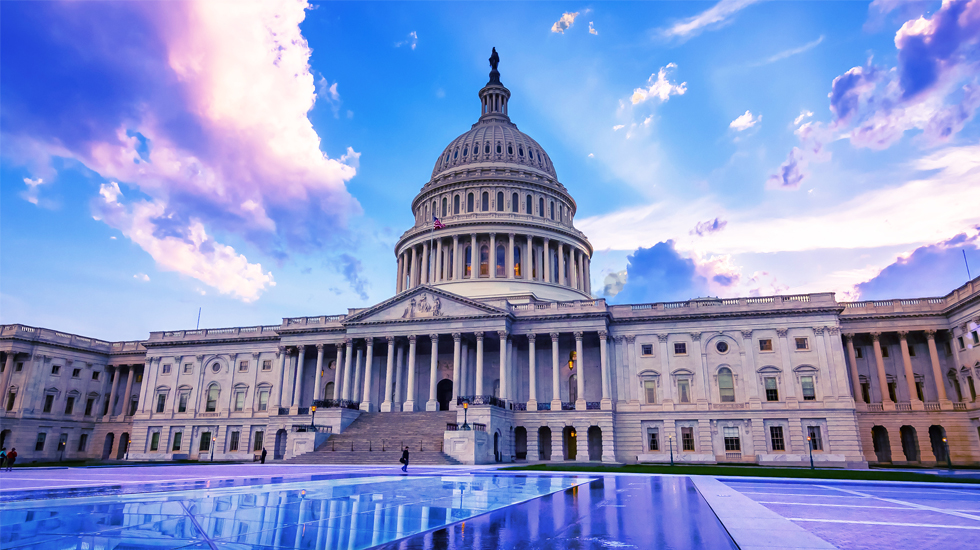Anti-bribery: Extension of Prohibitions to “Foreign Officials”
New anti-corruption/ anti-bribery focus includes demand, receipt, or acceptance of bribes by “foreign officials”, expanding upon FCPA

KPMG Regulatory Insights
- Regulatory Expansion: New law focuses on the “demand side” of bribery (solicit or receive), complementing, but separate from, the FCPA, which focuses on the “supply side” (offer or pay).
- Broader Application: “Foreign official” is defined more broadly than under FCPA to include individuals working in both official and unofficial capacities, including family members and close associates.
- Heightened Scrutiny: Investigations of bribery and corruption initiated by DOJ may initially increase. Enforcement activity, reporting by U.S. individuals and companies, and cooperation by international law enforcement may influence application of the FEPA and related regulations.
The FEPA’s implementation necessitates enhancing anti-bribery components of compliance programs to ensure effective mitigation of risks around both the supply and demand sides of bribery. These include:
- Strong anti-corruption policies and procedures that prohibit giving/ receiving of bribes and account for the broader definition of “foreign official” under FEPA.
- Robust and accessible reporting mechanisms, and internal procedures that enable quick investigation and remediation of potentially corrupt conduct.
- Routine anti-corruption trainings, particularly for employees interacting with “foreign officials” or with vendors who do so. Existing trainings geared toward the narrower, FCPA definition of “foreign official” are no longer sufficient.
- Thorough third-party and vendor due diligence.
__________________________________________________________________________________________________________________________________________________
January 2024
In December, the President signed the National Defense Authorization Act for Fiscal Year 2024 (NDAA) which authorizes appropriations and sets forth policies for numerous military and national security programs and activities at the Departments of Defense (DOD) and Energy (DOE), among others.
The Foreign Extortion Prevention Act (FEPA), contained within Section 5101 of the NDAA, establishes a new federal criminal offense when foreign officials “demand, seek, receive, or accept” anything of value, “directly or indirectly,” in order to influence the performance of an official act or to otherwise confer an improper advantage to obtain or retain business from any U.S. public companies (“issuers”) or a “domestic concern,” including U.S citizens or non-issuer U.S. companies, or from any person while in the U.S.
The new law signals the federal government’s ongoing focus on combatting corruption as a core national security interest (as outlined in the Administration’s June 2021 Memo and “Pillar 3” of the U.S. Strategy on Countering Corruption (see KPMG’s Regulatory Alert, here)), and is intended to complement existing laws (e.g., the Foreign Corrupt Practices Act of 1977 (FCPA)) that criminalize the “supply side” (offering and paying) of bribes to foreign officials by focusing on the “demand side” (soliciting and receiving).
The provisions of the FEPA are outlined in further detail below.
Definitions. The law adds the following definitions for “foreign official” and “public international organization” to the U.S. antibribery laws prohibiting bribery of public officials and witnesses (specifically at 18 U.S.C. Section 201):
- Foreign official means any:
- Official or employee of a foreign government or any department, agency, or instrumentality thereof, or any senior foreign political figure (as defined in 31 CFR Section 1010.605).
- Official or employee of a public international organization.
- Person acting in an official capacity for or on behalf of a government, department, agency, or instrumentality, or a public international organization.
- Person acting in an unofficial capacity for or on behalf of a government, department, agency, or instrumentality, or a public international organization.
- Public international organization means:
- An organization designated by Executive Order pursuant to Section 1 of the International Organizations Immunities Act (22 U.S.C. 288).
- Any other international organization designated by the President by Executive Order for the purposes of this section.
Note: FEPA expands on the definition of a “foreign official” in the FCPA to include not just those working in an official capacity, but also those acting in an unofficial capacity on behalf of foreign governments, departments, agencies, instrumentalities, or public international organizations as well as immediate family members and individuals “widely and publicly known” to be a close associate of the official.
Prohibition of Demands for Bribes. The law makes it a federal crime for any foreign official to corruptly demand, seek, receive, accept, or agree to receive or accept (directly or indirectly) “anything of value” personally, or for any other person or nongovernmental entity, by making use of the mails or any means or instrumentality of interstate commerce, from any person while in the territory of the U.S., issuer (defined in Section 3(a) of the Securities Exchange Act of 1934), or domestic concern (defined in Section 104 of FCPA), in return for:
- Being influenced in the performance of any official act.
- Being induced to do or omit to do any act in violation of the official duty of such foreign official or person.
- Conferring any improper advantage in connection with obtaining or retaining business for or with, or directing business to, any person.
Jurisdiction and Penalties.
- Violations of the prohibition are subject to the Department of Justice’s (DOJ) extraterritorial (outside of the U.S.) federal jurisdiction.
- Any violations shall be: 1) Fined not more than $250,000 or 3 times the monetary equivalent of the thing of value, and/or 2) Imprisoned for not more than fifteen (15) years.
Annual Report to Congress. Within one (1) year of enactment of the FEPA and annually thereafter, the DOJ and Attorney General, in consultation with the Secretary of State, will submit to the Committees on the Judiciary and Foreign Relations in both the Senate and House of Representatives a publicly available report that:
- Focuses on demands by foreign officials for bribes from entities domiciled or incorporated in the U.S., and efforts of foreign governments to prosecute such cases.
- Addresses U.S. diplomatic efforts to protect entities domiciled or incorporated in the U.S. from foreign bribery, and the effectiveness of those efforts in protecting such entities.
- Summarizes major related actions taken in the previous year (e.g., enforcement actions taken, penalties imposed).
- Evaluates DOJ’s enforcement effectiveness.
- Details what resources or legislative actions DOJ needs to ensure adequate, ongoing enforcement.
Dive into our thinking:
Anti-bribery: Extension of Prohibitions to “Foreign Officials”
New anti-corruption/ anti-bribery focus includes demand, receipt, or acceptance of bribes by “foreign officials”, expanding upon FCPA
Download PDFExplore more
Get the latest from KPMG Regulatory Insights
KPMG Regulatory Insights is the thought leader hub for timely insight on risk and regulatory developments.
Meet our team



